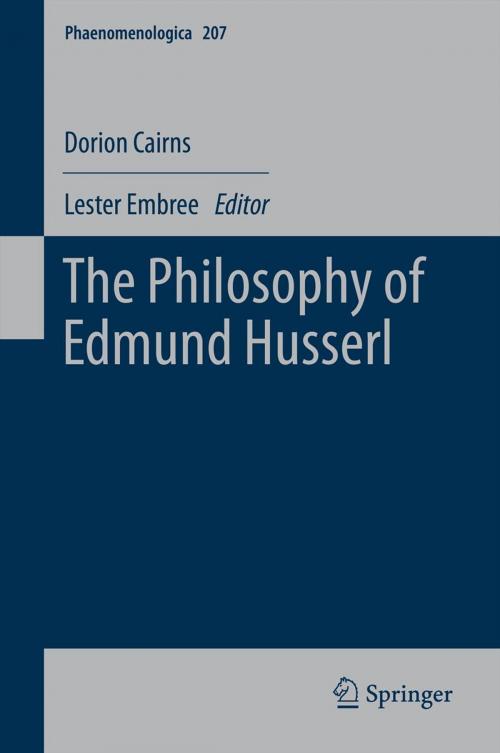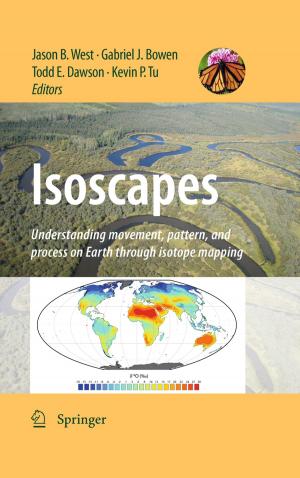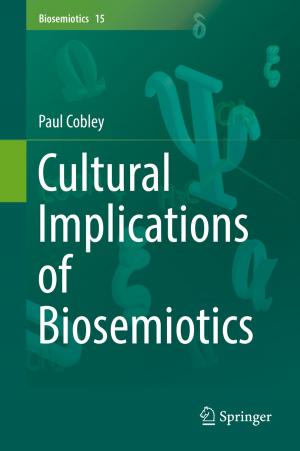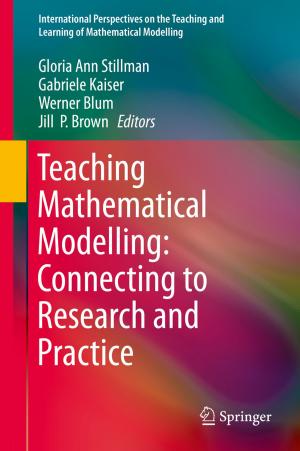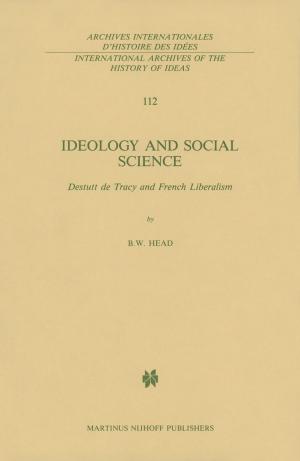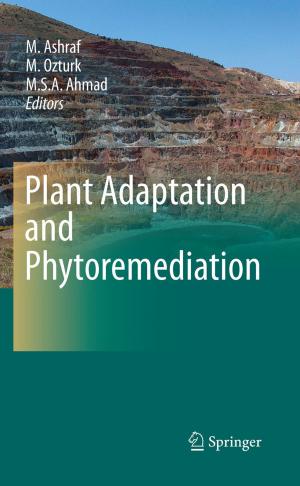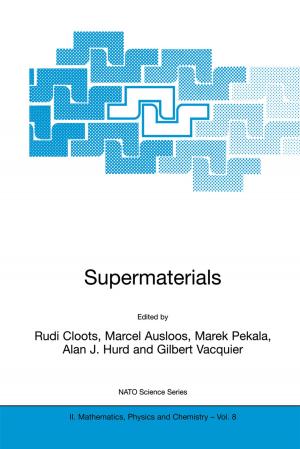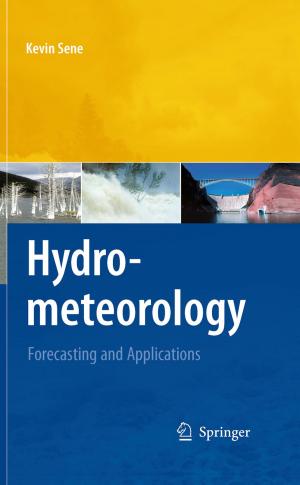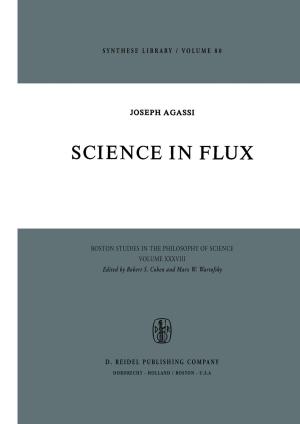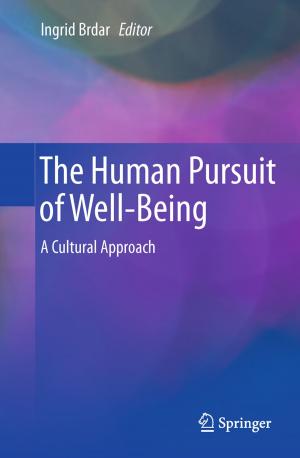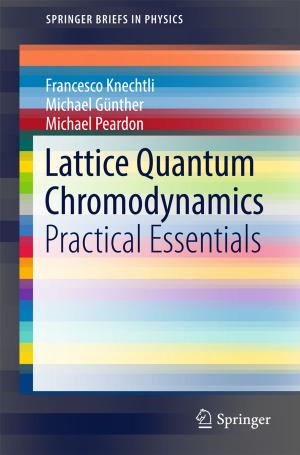The Philosophy of Edmund Husserl
Nonfiction, Religion & Spirituality, Philosophy, Phenomenology, Epistemology| Author: | Dorion Cairns | ISBN: | 9789400750432 |
| Publisher: | Springer Netherlands | Publication: | October 2, 2012 |
| Imprint: | Springer | Language: | English |
| Author: | Dorion Cairns |
| ISBN: | 9789400750432 |
| Publisher: | Springer Netherlands |
| Publication: | October 2, 2012 |
| Imprint: | Springer |
| Language: | English |
The present volume containing the dissertation of Dorion Cairns is the first part of a comprehensive edition of the philosophical papers of one of the foremost disseminators and interpreters of Husserlian phenomenology in North-America.
Based on his intimate knowledge of Husserl’s published writings and unpublished manuscripts and on the many conversations and discussions he had with Husserl and Fink during his stay in Freiburg i. Br. in 1931-1932 Cairns’s dissertation is a comprehensive exposition of the methodological foundations and the concrete phenomenological analyses of Husserl’s transcendental phenomenology.The lucidity and precision of Cairns’s presentation is remarkable and demonstrates the secure grasp he had of Husserl’s philosophical intentions and phenomenological distinctions. Starting from the phenomenological reduction and Husserl’s Idea of Philosophy, Cairns proceeds with a detailed analysis of intentionality and the intentional structures of consciousness. In its scope and in the depth and nuance of its understanding, Cairns’s dissertation belongs beside the writings on Husserl by Levinas and Fink from the same period.
The present volume containing the dissertation of Dorion Cairns is the first part of a comprehensive edition of the philosophical papers of one of the foremost disseminators and interpreters of Husserlian phenomenology in North-America.
Based on his intimate knowledge of Husserl’s published writings and unpublished manuscripts and on the many conversations and discussions he had with Husserl and Fink during his stay in Freiburg i. Br. in 1931-1932 Cairns’s dissertation is a comprehensive exposition of the methodological foundations and the concrete phenomenological analyses of Husserl’s transcendental phenomenology.The lucidity and precision of Cairns’s presentation is remarkable and demonstrates the secure grasp he had of Husserl’s philosophical intentions and phenomenological distinctions. Starting from the phenomenological reduction and Husserl’s Idea of Philosophy, Cairns proceeds with a detailed analysis of intentionality and the intentional structures of consciousness. In its scope and in the depth and nuance of its understanding, Cairns’s dissertation belongs beside the writings on Husserl by Levinas and Fink from the same period.
